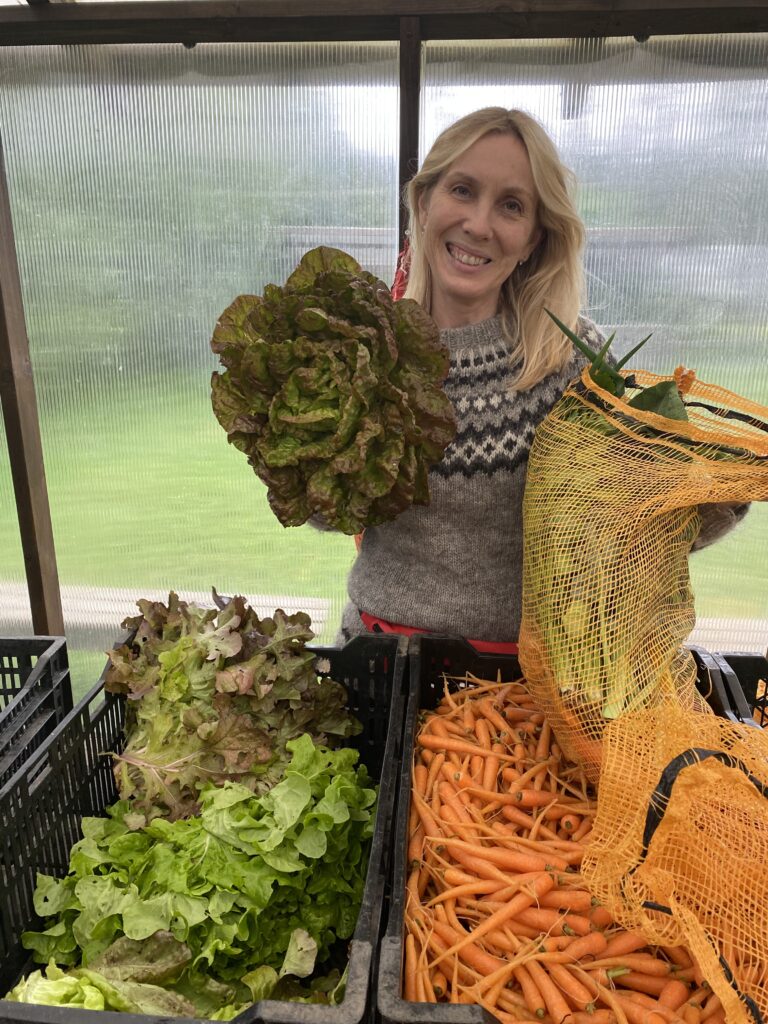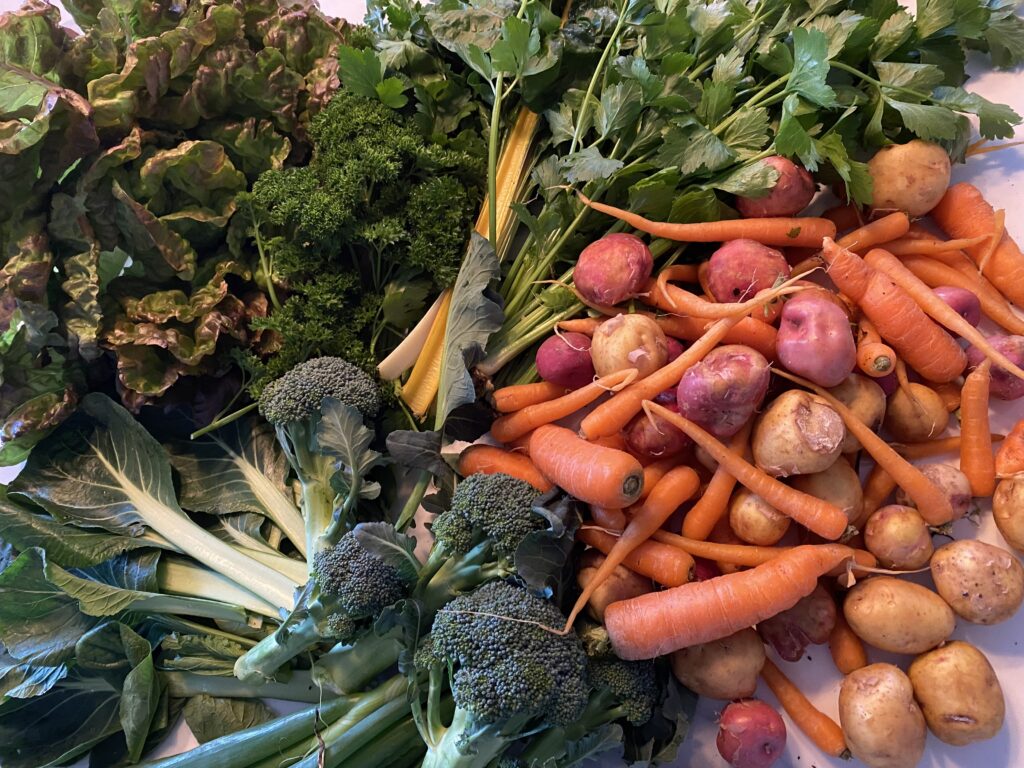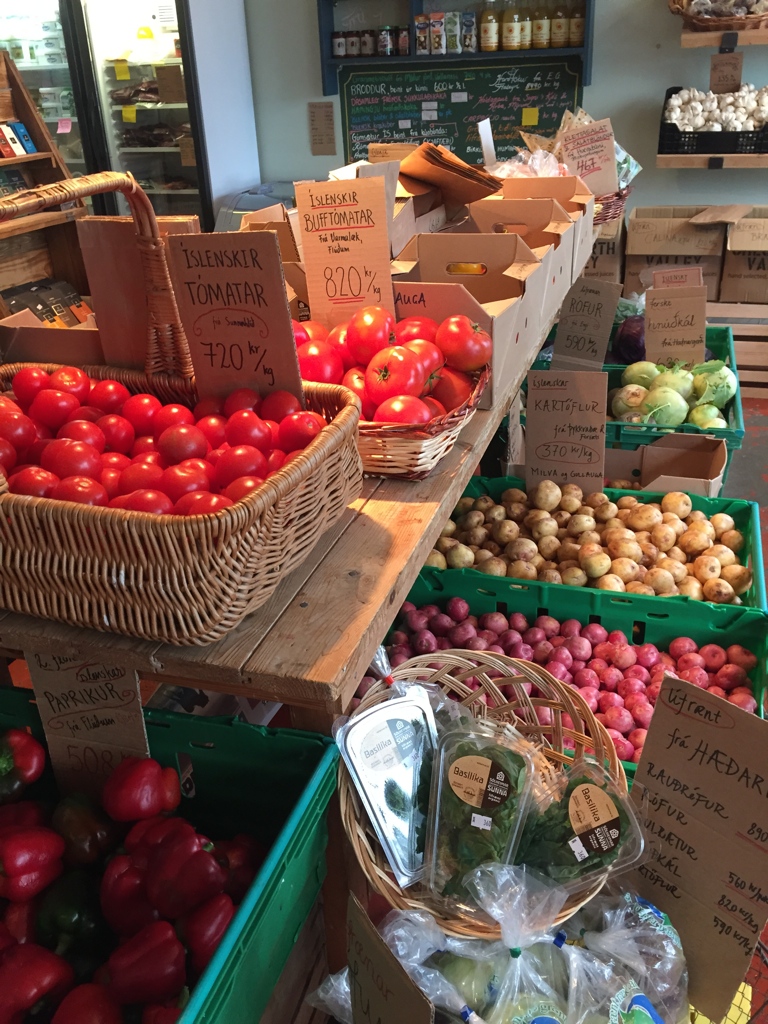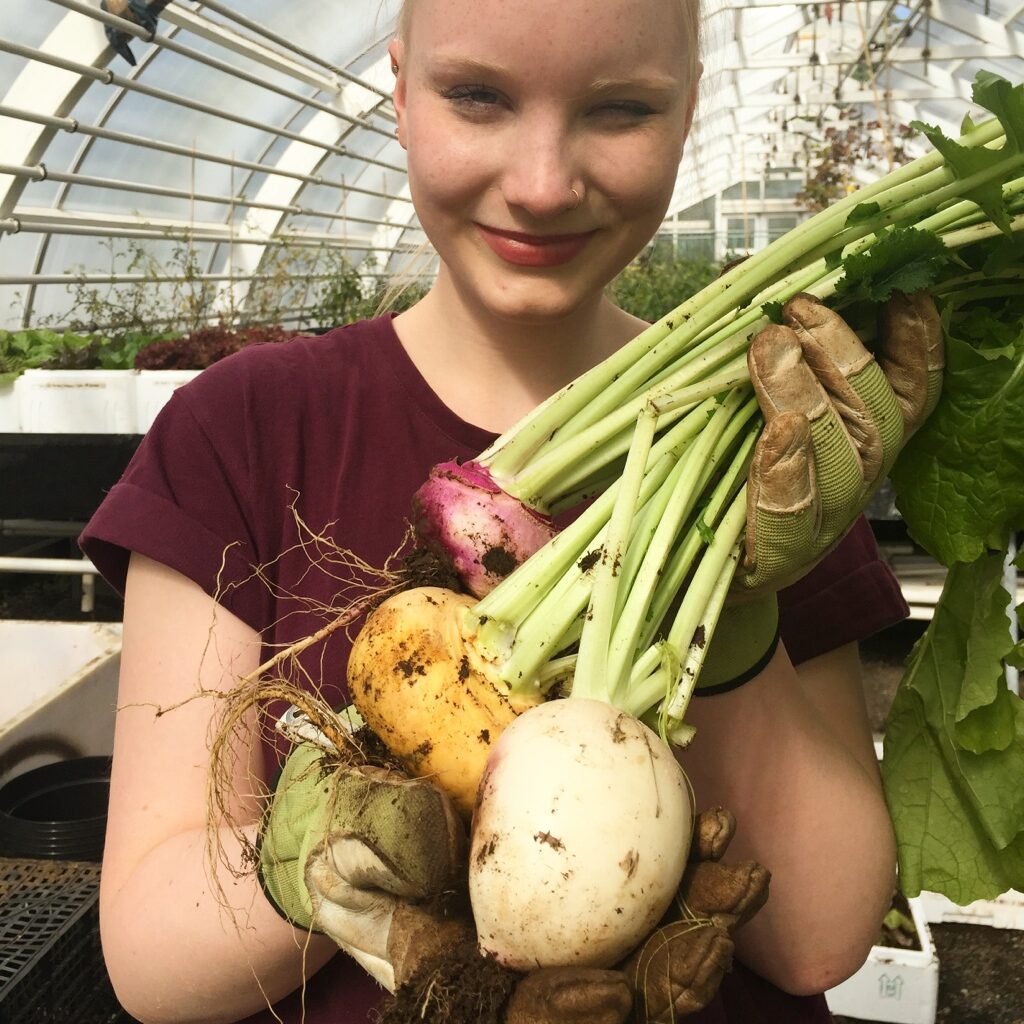If locals are proud of the cultural heritage, emphasize the traditions and customs of food culture as well as being guided by the uniqueness of food in different regions, food-related tourism in the Nordic countries has good conditions to increase in the future.
The food tradition is a large part of the image of a country and a nation, as it reflects culture and history and is marked by the times and nature of each country. The dining experience is an integral part of the tourist experience wherever they go.
In the Nordic countries, there has been a great awareness of the value of regional cuisine in terms of innovation, development and consumption for locals as well as foreign visitors. At the same time, there is an increasing emphasis on sustainability in food production as well as tourism, so that a balance between growth and protection is maintained.
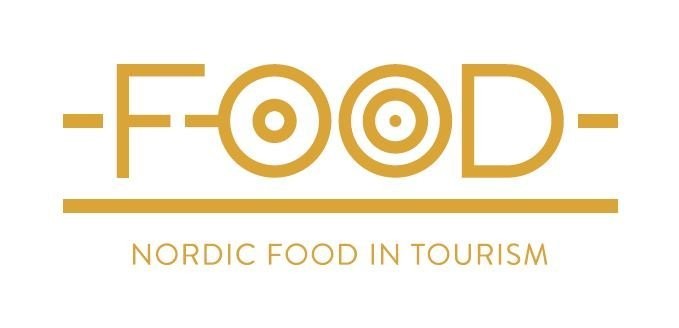
The Nordic Food in Tourism project has just been completed. The aim was to examine how tourists and other visitors talk about or perceive Nordic food, highlight the importance of local food in sustainable tourism and gain insight into how climate change, consumption changes and other variables can shape the future of food in tourism. The aim was to raise awareness of future challenges and opportunities related to tourism assessment and to provide strategic guidance in support of future action and Nordic policy-making that is also in line with the United Nations' Sustainable Development Goals.
Food is a powerful marketing force in tourism. Nature, culture, clean energy and bustling human life are attractive resources and Iceland has everything to offer to integrate these four into the marketing of food in tourism. There is a need for a targeted publicity policy that aims to create interest and demand for food-related entertainment and local consumption, but also to respond to the interest and demand that already exists. There is a need to strengthen community awareness of the uniqueness of the food production we live in, knowledge of our food heritage and opportunities for the future.
Building a destination that intends to establish itself as a sought-after food destination in Europe requires strong cooperation and organizational power in order for the message to be strong. Service and quality need to be monitored in marketing and infrastructure needs to be ready to live up to promises and expectations.
It is important to look at the food value chain where the quality of the raw material is the basis, but consumer satisfaction and experience dominate demand.
It is important here that consumers and primary producers listen to each other to promote the development that the market calls for, with sustainability in mind. It is important to promote development and innovation in the light of underutilized resources and food policy aimed at minimizing waste. It is necessary to consider future scenarios, organization and collaboration.
The Nordic food in Tourism project was one of the three Presidency projects of the Nordic Council of Ministers under the auspices of sustainable tourism in the north. The Ministry of Culture and Commerce (formerly the Ministry of Industry and Innovation) led the project in collaboration with the Icelandic Travel Cluster and Matís. Nordic partners came from Norway, Denmark, Sweden, Greenland, the Faroe Islands, Åland and Finland, as well as an expert group from universities and the business community. The results of the project are based on data analysis, methods of futurology, interviews with experts and the results of a workshop with stakeholders.
The results are published in two reports, one focusing on the future vision and strategic guidance in relation to tourism assessment in the Nordic countries and the other in Iceland:
We encourage people to take advantage of these results, as they provide inspiration for further collaboration, development, investment and innovation in food tourism with sustainability in mind. The reports and further information can be found on the project website; Nordicfoodintourism.is
